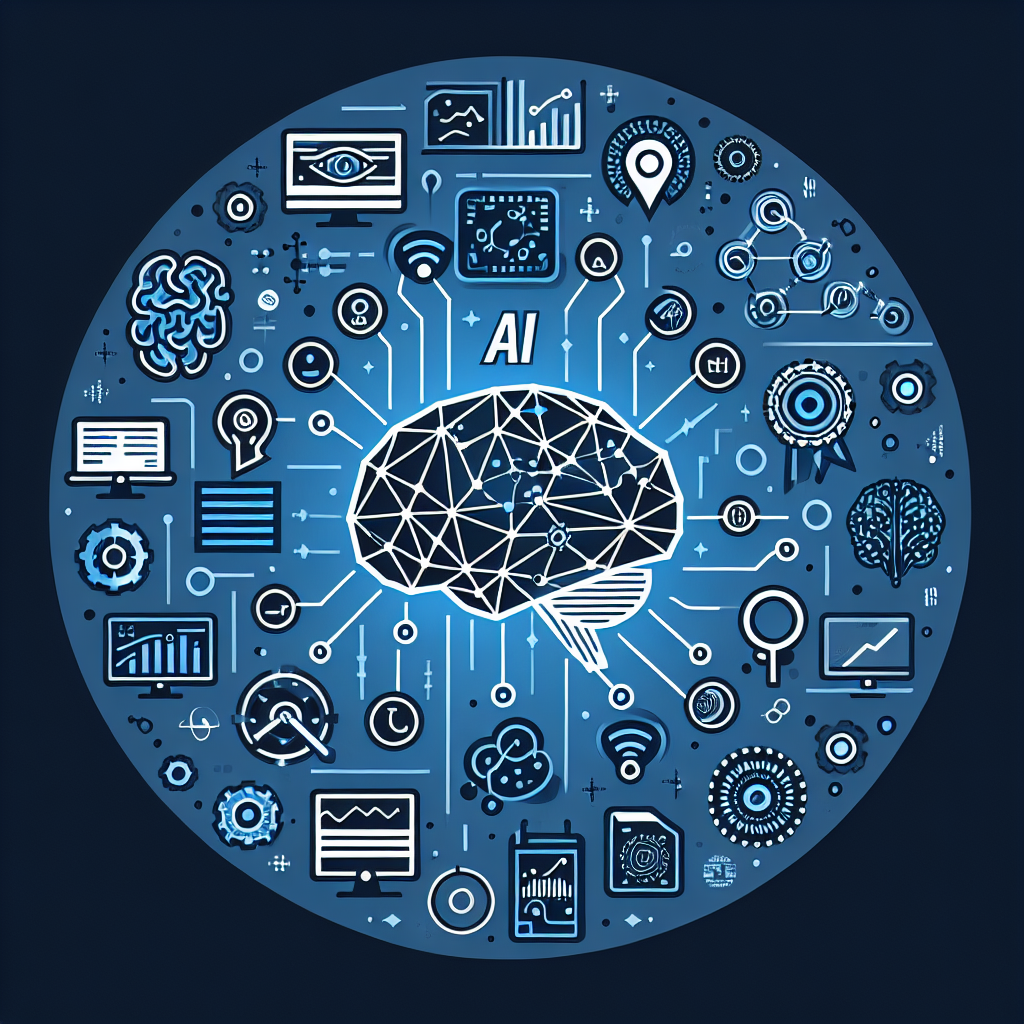Artificial Intelligence (AI) has significantly transformed the way businesses operate in recent years. One area where AI is making a significant impact is in the realm of Business Intelligence (BI). Business Intelligence processes involve the collection, analysis, and presentation of data to help businesses make informed decisions. With the help of AI, these processes have become more efficient and effective than ever before. In this article, we will explore how AI is reshaping BI processes and the benefits it brings to businesses.
AI in Business Intelligence
AI has revolutionized the way businesses gather and analyze data for making strategic decisions. Traditionally, BI processes involved manually collecting data from various sources, processing it, and creating reports for decision-makers. However, with the advent of AI, these processes have become more automated and intelligent.
One of the key areas where AI has made a significant impact in BI is in data collection and integration. AI algorithms can automatically collect data from various sources, including structured and unstructured data, and integrate it into a centralized data repository. This not only saves time but also ensures that businesses have access to a comprehensive and accurate dataset for analysis.
AI-powered algorithms also play a crucial role in data analysis. These algorithms can quickly sift through vast amounts of data to identify patterns, trends, and anomalies that human analysts may overlook. This helps businesses make more informed decisions based on data-driven insights.
Another area where AI is reshaping BI processes is in data visualization. AI-powered tools can create interactive and visually appealing dashboards that make it easier for decision-makers to understand complex data sets. These tools enable businesses to explore data in real-time and gain actionable insights at a glance.
Benefits of AI in Business Intelligence
The integration of AI into BI processes offers several benefits to businesses, including:
1. Improved decision-making: AI-powered BI tools provide businesses with real-time insights that help them make informed decisions quickly. This enables businesses to respond to market changes and opportunities more effectively.
2. Cost savings: AI automates many tasks involved in BI processes, such as data collection and analysis, reducing the need for manual intervention. This not only saves time but also reduces costs associated with human error.
3. Enhanced data accuracy: AI algorithms can analyze vast amounts of data with precision, ensuring that businesses have access to accurate and reliable information for decision-making.
4. Scalability: AI-powered BI tools can handle large volumes of data efficiently, making them suitable for businesses of all sizes. This scalability enables businesses to grow and adapt to changing market conditions.
5. Predictive analytics: AI algorithms can predict future trends and outcomes based on historical data, helping businesses anticipate market changes and make proactive decisions.
FAQs
Q: How does AI improve data quality in BI processes?
A: AI algorithms can identify and correct errors in data, ensuring that businesses have access to accurate and reliable information for decision-making. Additionally, AI can analyze data in real-time, enabling businesses to detect anomalies and inconsistencies that may affect data quality.
Q: Can AI-powered BI tools be customized to meet specific business needs?
A: Yes, AI-powered BI tools can be customized to meet the unique requirements of each business. Businesses can tailor these tools to their specific industry, data sources, and analytical needs to enhance decision-making and drive growth.
Q: What are some examples of AI applications in BI processes?
A: Some examples of AI applications in BI processes include predictive analytics, natural language processing, and machine learning. These technologies enable businesses to analyze data more effectively, gain actionable insights, and make informed decisions.
Q: How can businesses implement AI in their BI processes?
A: Businesses can implement AI in their BI processes by investing in AI-powered BI tools, training their employees on AI technologies, and partnering with AI experts. By leveraging AI, businesses can enhance their BI processes and gain a competitive edge in the market.
In conclusion, AI is reshaping BI processes by automating tasks, enhancing data analysis, and improving decision-making. Businesses that embrace AI in their BI processes stand to gain a competitive advantage in today’s data-driven economy. By leveraging AI-powered tools and technologies, businesses can unlock the full potential of their data and make strategic decisions that drive growth and innovation.

